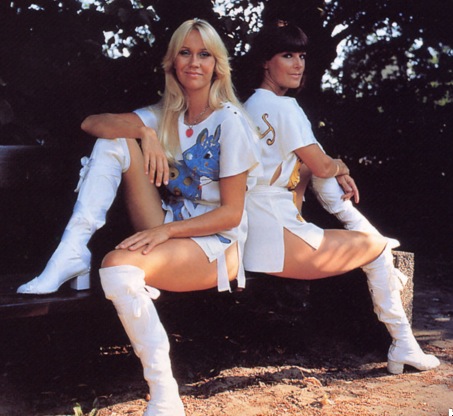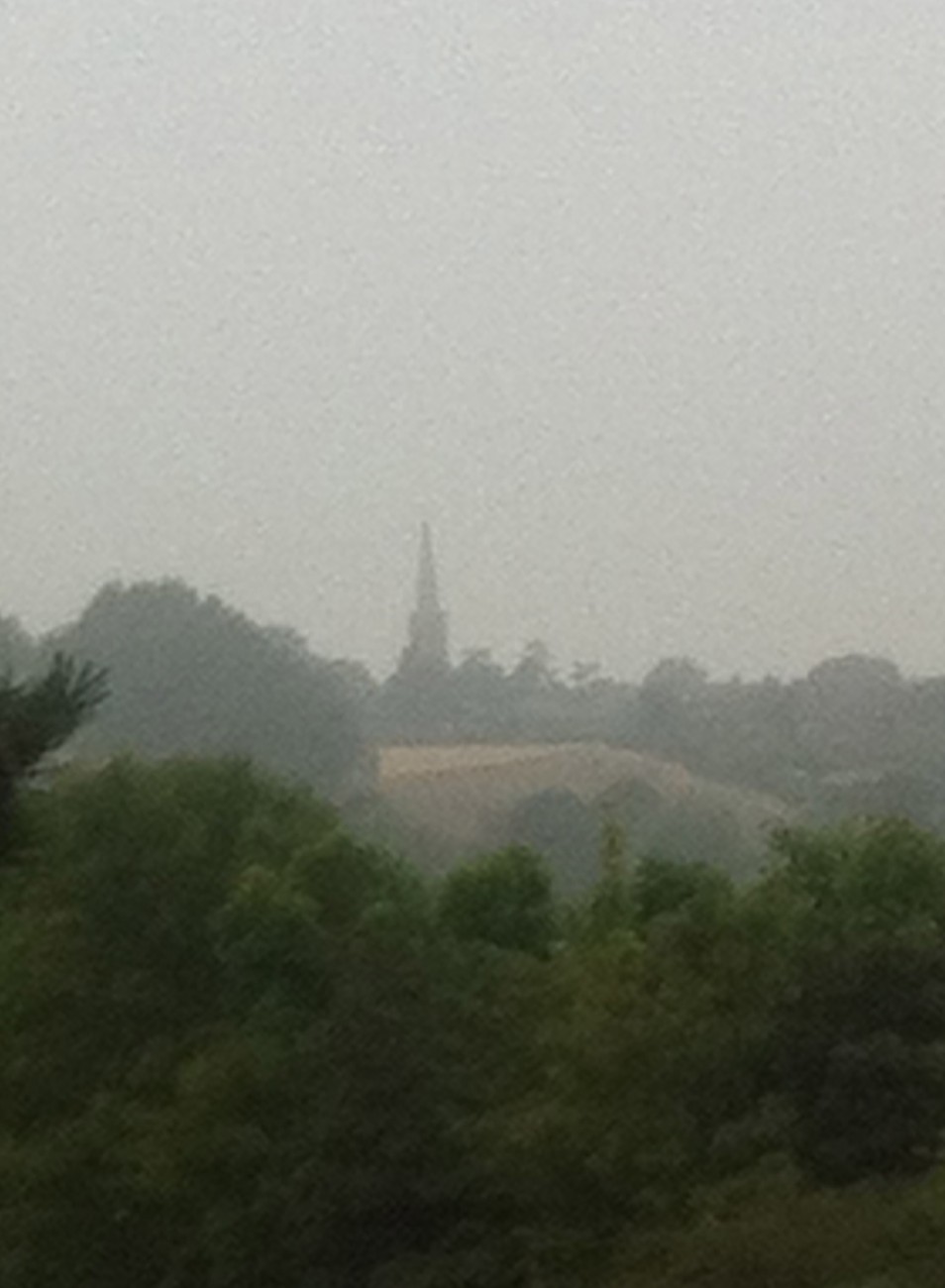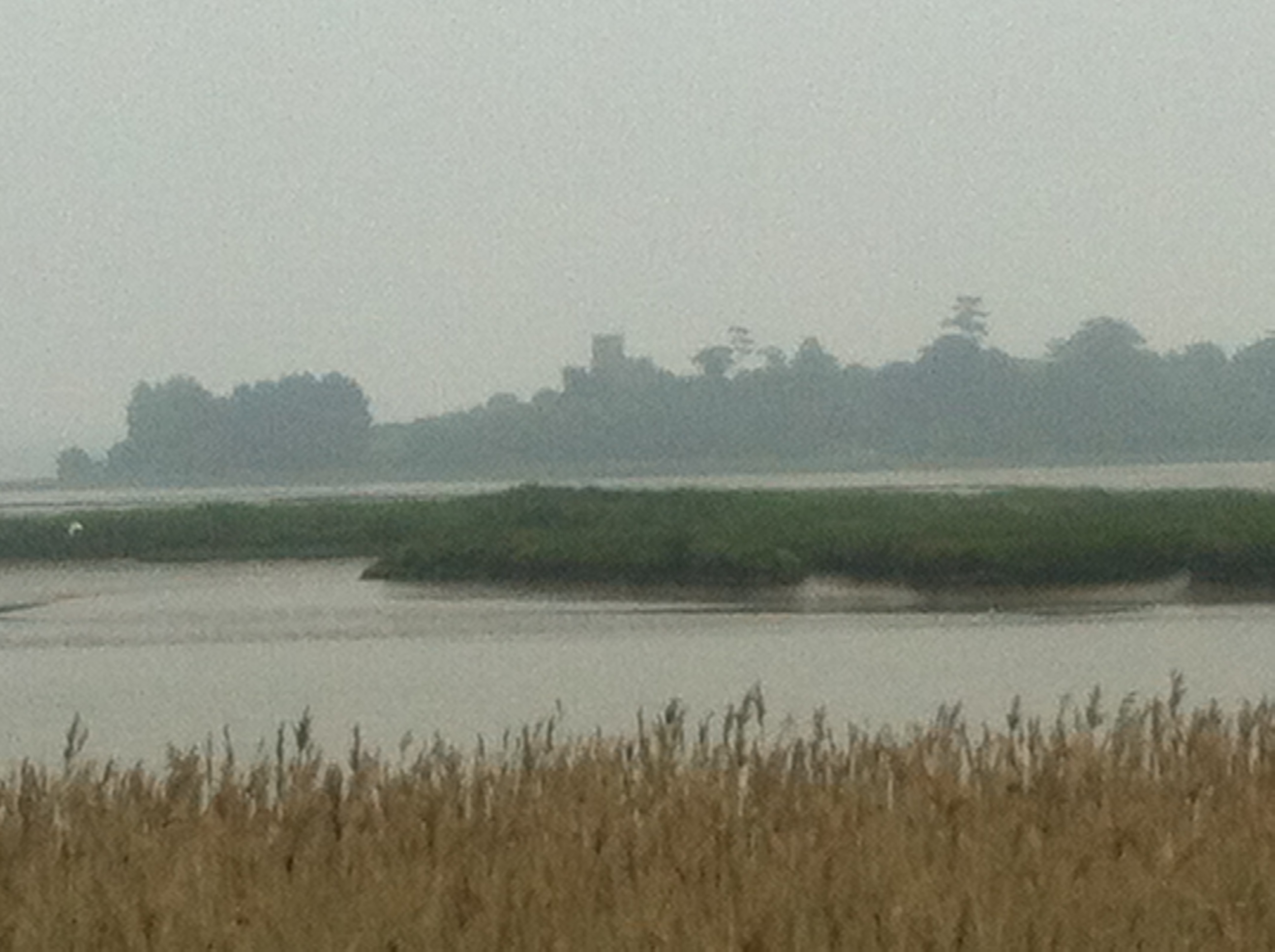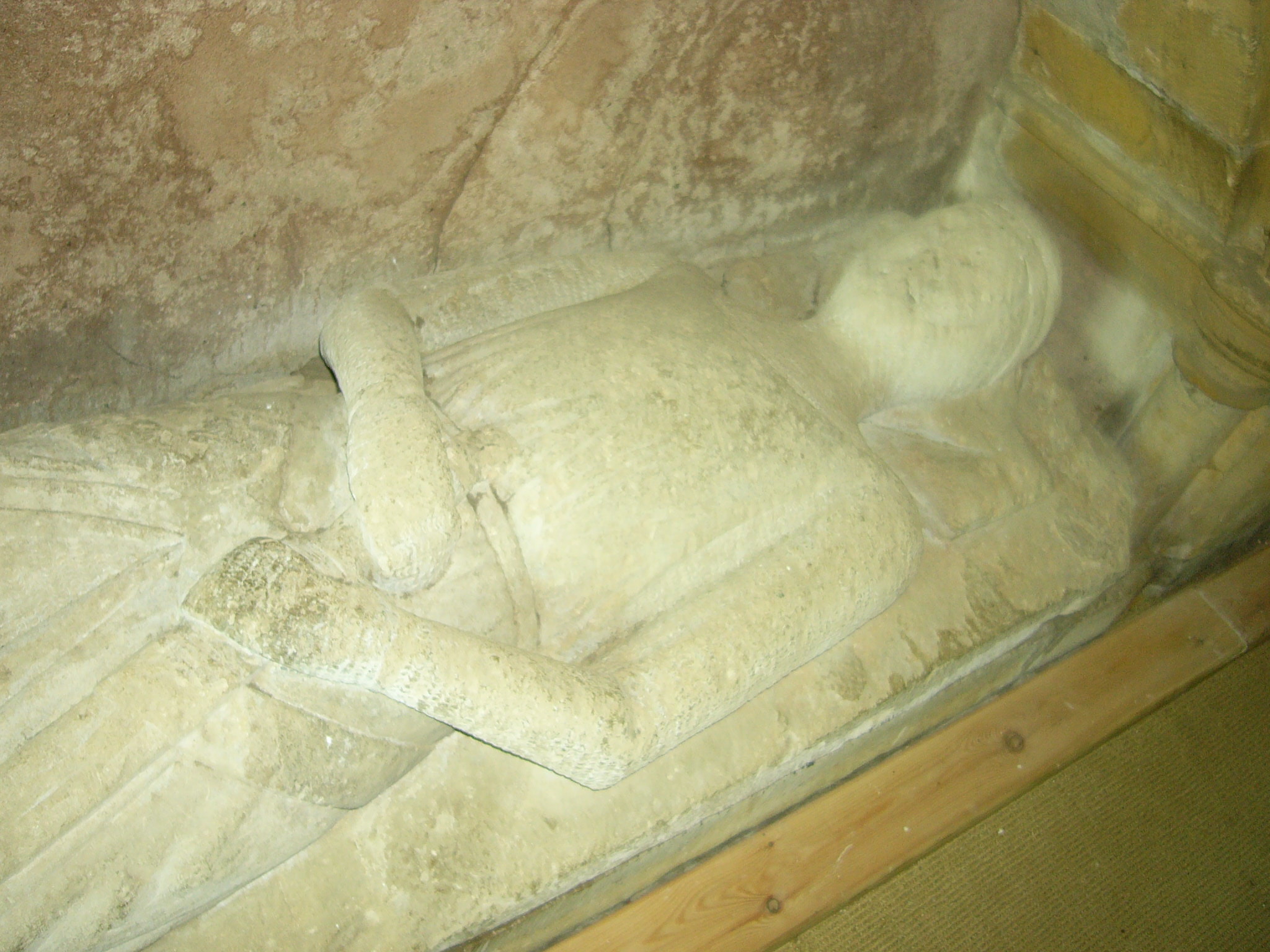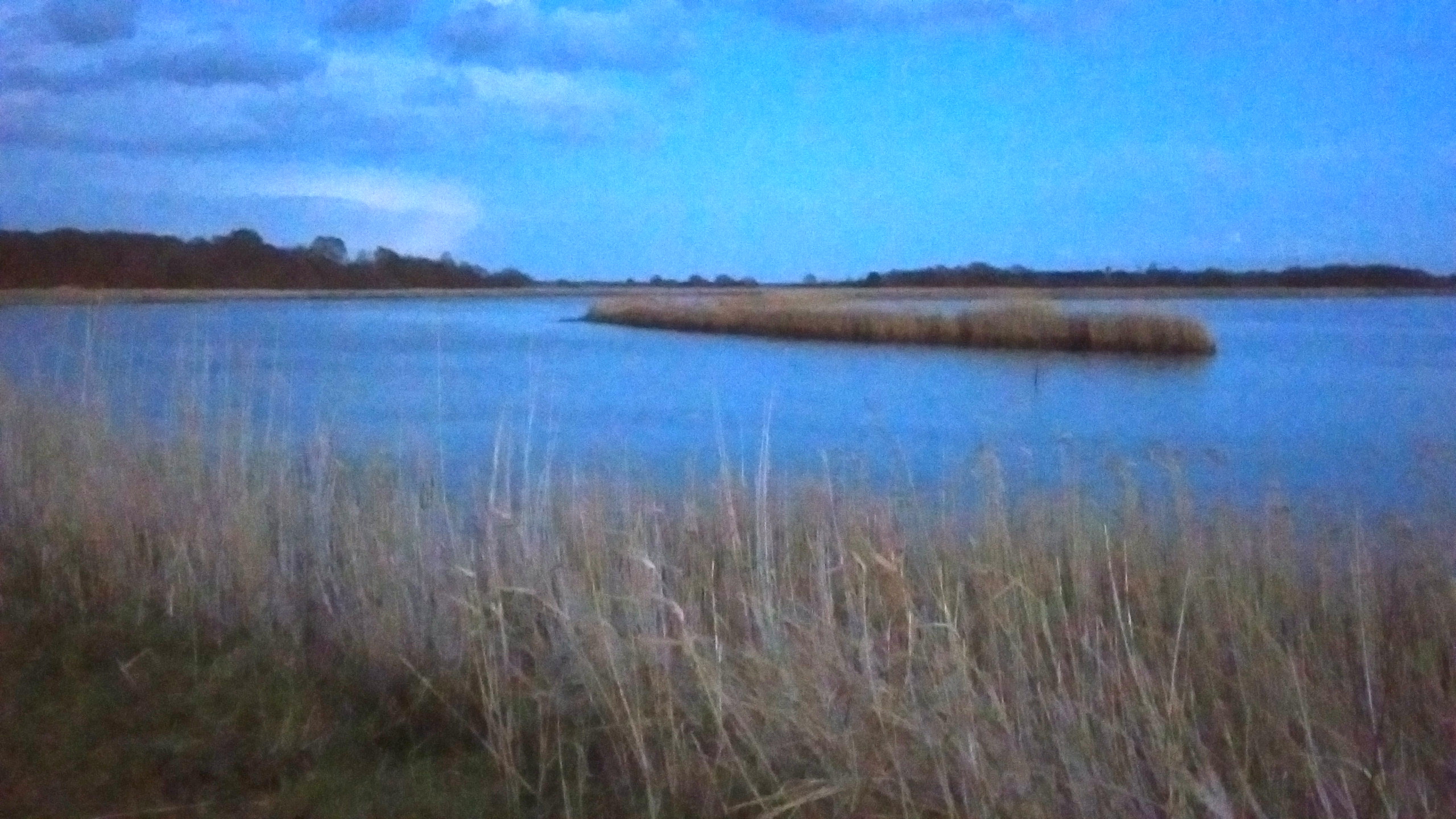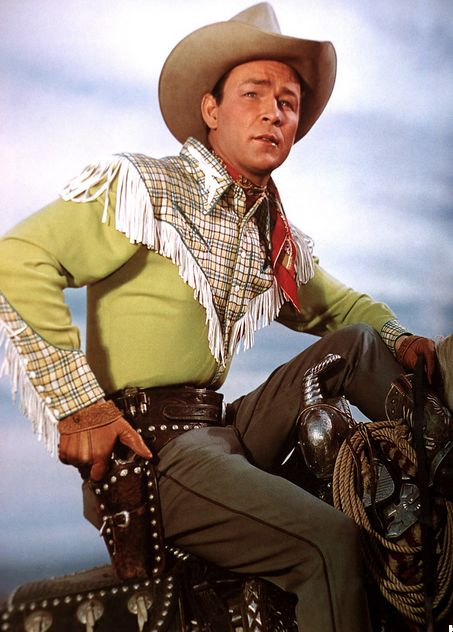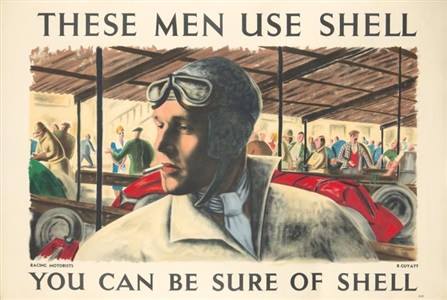I never got on with Philosophy. I thought I would, but the world changed one summer and something broke, although what it was I never knew.
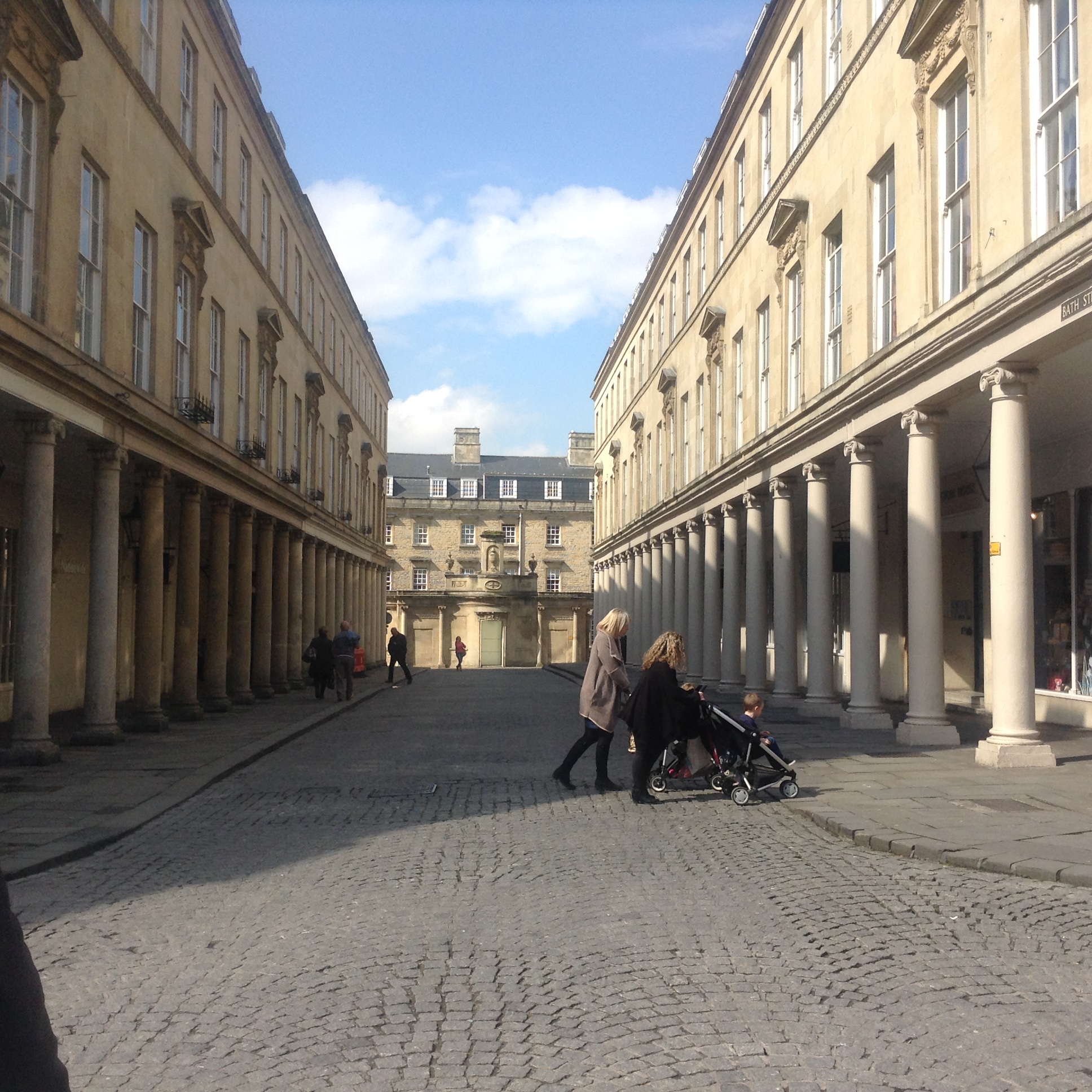
I’d been to a uni interview back in the times when that seemed to fill weeks, choosing what to wear, what book to take. What book to be seen to take, sometimes, although quoting Horace Greely didn’t get me into Sussex to do English and American Studies, not least as the interviewer didn’t seem to have actually heard of the father of American journalism, not that long after American journalism had removed a President instead of making a lawyer’s daughter’s arse a celebrity in its own right. I took my paperback Nietzsche to a uni bar and talked about him based on the extensive insight I’d picked up reading it on the train, the way students are supposed to. And when I went there that autumn I signed up for the additional Philosophy courses.
We didn’t do Nietzsche. The first lecture started with a little discourse on kibbutzim by the Head of School. I was in my estimation at least, something of an expert on the topic, having at least lived on one for the past few months which it became very obvious the lecturer hadn’t. Philosophically perhaps it may have been better not to mention it. At least not with an audience of 200 people. But hey, open discussion among equals was supposed to be what kibbutzim were all about. As he should have known.
The second lecture asked us why dolphins weren’t invited to lectures, given they could speak, then asked us how we knew that once the lecture hall doors were shut we wouldn’t be gassed. I’d spent the summer with people who pretty much never did assume exactly that, given that millions of their parents had been before they decamped to the Negev desert. I suspected the dolphins would have been first irritated then, like me, wondering if there wasn’t something they could do on a sunny afternoon with less bullshit involved.
Maybe they did parallel universes later in the course, after I’d taken my black needle-cords, alpaca sweater and red Kicker boots elsewhere. BBC Radio 4 did this week. It wasn’t much better. I still didn’t see the point.
Apparently, there are or could be or some other Schroedinger-type condition where there are and aren’t an infinite number of parallel universes. All at the same time, or possibly no time.
I wasn’t listening that closely. Because listening, I thought what I thought back in that lecture hall: haven’t these people got anything else to actually DO? Who pays them? And why? Anyway, an infinite number of universes. Limitless numbers of everything. In literally, no time at all. Apparently, this stuff is useful to someone.
Anyway, an infinite number of universes. Limitless numbers of everything. In literally, no time at all. Apparently, this stuff is useful to someone.
And the day went on and philosophy didn’t bother me again and Nietzsche still didn’t get read and Facebook somehow did instead. Someone had posted a recipe I liked. I hadn’t imagined her as someone who could cook although I’d eaten food she’d made. It was fine. Just that some people you think ‘cook’ and some people you think other things about.
Cook. It wasn’t something I’d thought about. Someone who could talk, smoke, walk with, make you think, yes, all of those things. All of those. But Mother Aga wasn’t a role I’d seen her in.
You have to be able to cook if you’re a vegetarian, she said. Unless you live in Bath.
And suddenly the image of living as vegetarians in Bath roiled up in my mind like billowing white clouds over the sea on a summer evening. In fact, it didn’t. It filled my mind entirely, like a paradisiacal vision of eternity. The more so because in that parallel universe, or maybe this one, if not no, this one, we do. In another, we always have. In another, we always will. In another, we invite a 25 year-old Kate Bush and Debby Harry round for a bi foursome every weekend.
And none of it true and almost certainly, in this universe, not going to happen. Apart from the vegetarian thing. One out of three ain’t bad, as a post-Austerity Meat Loaf might have said. But maybe I’m still not quite getting the point of Philosophy. Unless it’s for making the day appreciably better every time I think about pretend things.



